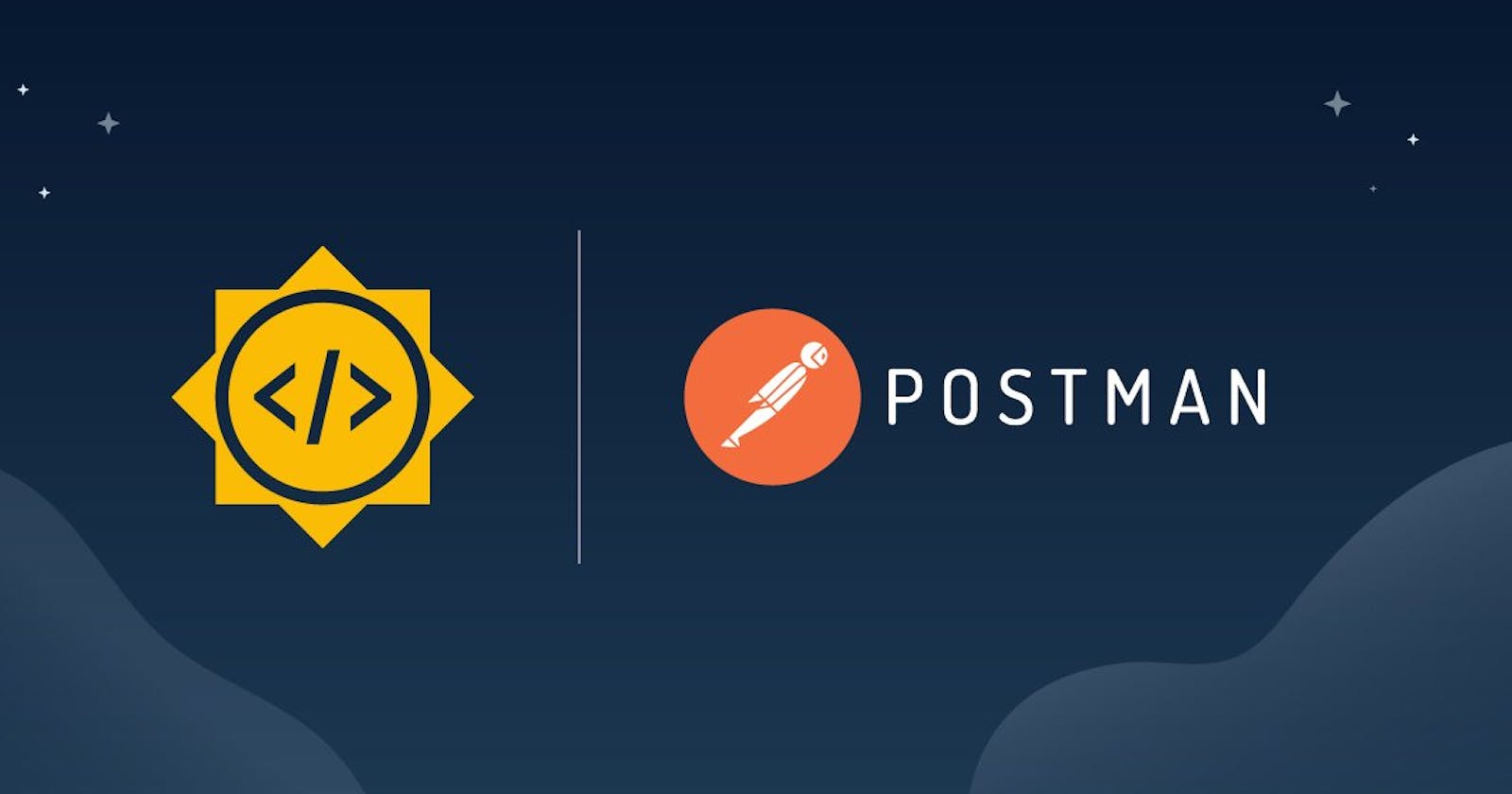Hello there,
In this article, I am going to share my experience of the GSoC'21 journey and what I have learned from it up till now. I hope you'll get some useful tips from this.
Who am I?
I am Rishi Purwar, a full-stack web developer from India who is passionate about learning new things related to technology. I am a sophomore pursuing Chemical Engineering at MNIT Jaipur. I enjoy building websites/web apps. Recently, I got selected as a JavaScript Developer at Postman through Google Summer Of Code.
What is GSoC?
Google Summer of Code (GSoC) is a global program that matches students with open source, free software, and technology-related organizations to write code and become part of these communities while making some money along the way! The organizations provide mentors who act as guides through the entire process, from learning about the community to contributing code. The idea is to get students involved in and familiar with the open-source community and help them to put their summer break to good use.
Accepted students gain exposure to real-world software development and employment opportunities in areas related to their academic pursuits. Participating organizations are able to identify and bring in new developers to their communities who will hopefully stay involved long after their GSoC year ends. Best of all, more source code is created and released for the use and benefit of all; all code produced as part of the program is released under an open-source license. The fact that you get to write code that people from all over the world can use - how cool is that!
This program has brought together thousands of students and mentors from over 130 countries worldwide. As of September 2020, 715 open source projects, from areas as diverse as operating systems and community services, have participated as mentoring organizations for the program. Successful students have widely reported that their participation in GSoC made them more attractive to potential employers and that the program has helped greatly when embarking on their technical careers.
Goals of the Program
The GSoC program has several goals:
- Inspire young developers to begin participating in open source development.
- Help open source projects identify and bring in new developers.
- Get more open source code written and released for the benefit of all.
- Provide students the opportunity to do work related to their academic pursuits during the summer: “flip bits, not burgers.”
- Give students more exposure to real-world software development (for example, distributed development and version control, software licensing issues, testing, and communication best practices).
My Learnings
Here are some points that I learned so far:
Use consistent variable name convention:
In the initial phase of development, I used two different types of variable name conventions i.e. camelCase and snake_case. Let me tell you, this is not an ideal way of writing variables. Always try to use a single type of variable name convention either go with camelCase or snake_case. By the way, In JavaScript camelCase is preferred.Better variable name:
While declaring variables, we should use better or meaningful variable names so that everyone can understand the code easily.
For Example:
const cars = ['Audi', 'BMW', 'Lamborghini'];
for (let i= 0; i< 3; i++) {
console.log(cars[i]);
}
Instead, we should write our code like this.
const cars = ['Audi', 'BMW', 'Lamborghini'];
for (let carIndex = 0; carIndex < 3; carIndex++) {
console.log(cars[carIndex]);
}
- Break Code into smaller functions:(Most Important)
The third thing that I learned is to try to break code into smaller functions, so code becomes modular and easy to read. Don't try to write everything inside one function, try to break it as much as you can.
For Example:
You should break your code into multiple functions like this.
const getScore = () => {
var num1 = 3,
num2 = 3;
console.log(add(num1, num2));
}
const add = (num1, num2) => {
return 'scored ' + (num1 + num2);
}
getScore();
Instead of writing it inside a one function
const getScore = () => {
var num1 = 4,
num2 = 3;
console.log('scored ' + (num1 + num2));
}
getScore();
- Use Template literals (Template strings):
You should use template literals instead of string concatenation. Template literals make code easy to read.
For Example:
Instead of using thisconst postmanSchemaUrl = 'https://api.getpostman.com/apis/' + api_id + '/versions/' + version_id + '/schemas/' + schema_id;const postmanSchemaUrl = `https://api.getpostman.com/apis/${apiId}/versions/${versionId}/schemas/${schemaId}`;
Thanks for reading this blog
If you find the blog helpful, feel free to subscribe to our newsletter so whenever our new post goes live, you'll get the notification first.
Do leave your feedback or suggestions, I appreciate your honest feedback!.
Thank You

